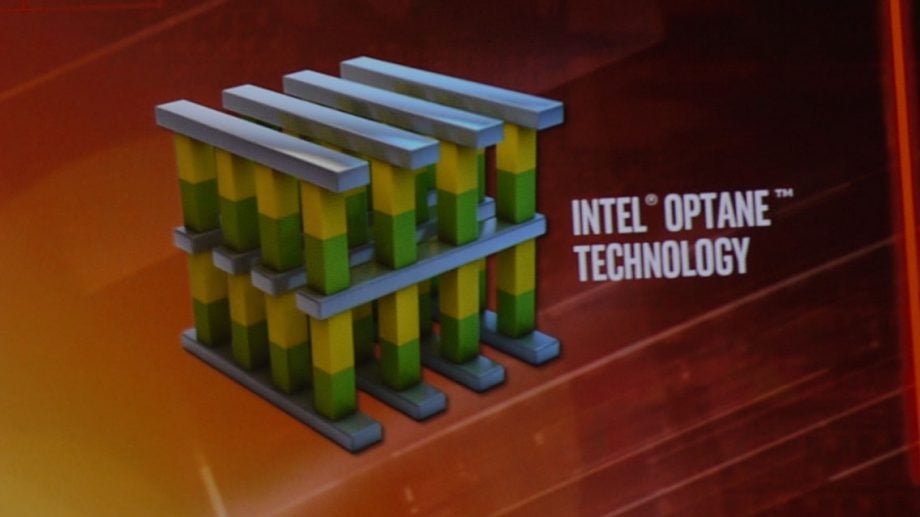Intel Optane 3D Xpoint will make game load screens “a thing of the past”

Star Citizen creator Chris Roberts has described how Intel’s upcoming new storage technology, Optane, will eliminate game loading screens forever.
Speaking at the Intel Developer Forum (IDF), Roberts highlighted how the new superfast 3D Xpoint memory will provide such fast data access that games will no longer need to load levels into memory a chunk at a time but will be able to access the data near instantly straight from storage.
The result will be not just the elimination of level loading screens but the pauses that sometimes occur in games as you move from one environment to the next.
Roberts, who is CEO and founder of Cloud Imperium Games and who previously worked on space-exploration game Wing Commander, was particularly excited about the impact it would have on his latest creation, Star Citizen.
The large-scale space exploration and combat title was announced in 2012 along with a crowdfunding campaign to get the game started and has since gone on to be the most successful crowd-funding campaign ever, raising over $87 million.
It involves moving from vast space environments to the surface of planets, which is a task that requires a huge shift in the data that’s being referenced – from vast networks of stars and planets to detailed rolling terrain. With Optane memory this transition will be smoother than ever before.
Optane is actually the brand name for Intel’s new range of storage devices, platforms and software that support its new memory technology, 3D Xpoint.
Related: Best PC Games 2015
This new technology has the non-volatile, long term data-storage abilities of the NAND memory used in SSDs but is also much faster to access – theoretically up to 1000x faster. This means it can potentially replace system memory completely, rather than the current arrangement where data is permanently stored in a HDD or SDD and is loaded into system memory when accessed by the computer’s processor.
Although there will be advantages to this speed immediately, it may be some time before it’s true benefits are realised in games as for the time being many games will be architected around the limitations of more average PCs and games consoles.
Both Star Citizen and 3D Xpoint memory are expected to arrive in 2016, with the former aready available in beta form and the latter set to arrive both as a drop in replacement for traditional SSDs and as a DIMM module available for use in high performance computing applications, where it will replace system memory altogether.

